Johnny Adams - South Side of Soul Street

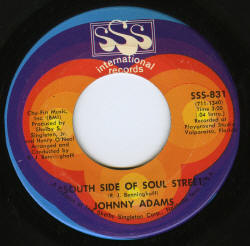
"I Popcorn for fun, and I'm second to none" - Lou Courtney





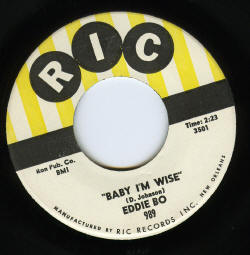
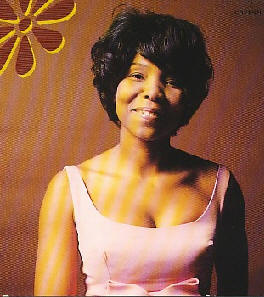


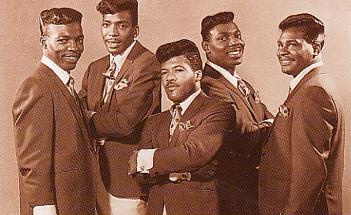
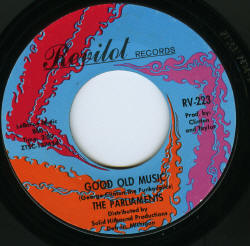
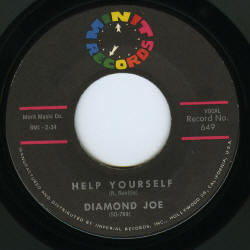
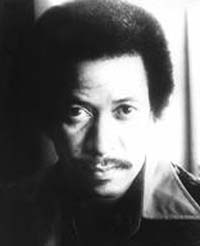
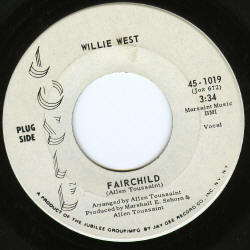
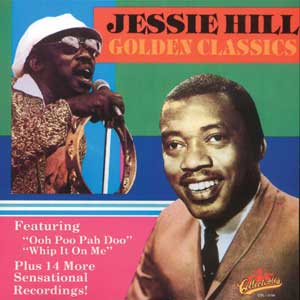
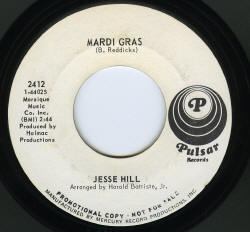


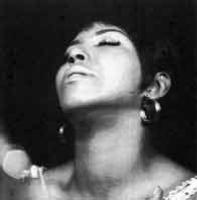

Earlier this year, during the Grammy Awards broadcast they did several “tributes”, ranging from 5 second “weren’t they wonderful” blurbs with brief shots of the artists (those that were still alive anyway…) in their seats, to full blown, “star studded” extravaganzas. These included a hideous and wholly unnecessary (unless you have a financial stake in the careers of Gretchen Wilson and Lynyrd Skynyrd…) “Southern Rock” rehash, polite nods to Lifetime Acheivement award winners Jerry Lee Lewis and Led Zeppelin, and the unholy conjunction of Melissa Etheridge and hot young star-of-the-moment Joss Stone paying “tribute” (I must apologize for the overuse of ironic/sarcastic quotation marks, but believe me, they’re completely deserved here…) to Janis Joplin. My perception of Janis Joplin has changed drastically over the years. When I was a kid, it was a given that she was one of the great rockers of all time. As I grew older, and was exposed to more music I began to realize that Janis Joplin’s legendary status was as much the result of her larger than life personality, early death and initially shocking sound as it was the quality of her music. Certainly Joplin had a dynamic stage presence, and her largely miserable personal life did a lot to make her one of the great tragic figures of her time and place (that and her position as the cornerstone of the Joplin/Hendrix/Morrison troika of “Oops I Died Before I Got Old”-ism). Unfortunately, I am of the opinion that her lasting legacy will not be as a musician, but as the archetype for hundreds of drunken, tattooed biker chick/bar band singers, all of whom think a bellyful of Southern Comfort is an adequate substitute for talent and taste. This was duly illustrated by the Joplin medley laid down by temporarily soulful Etheridge and barely soulful Stone at the Grammys. What tunes did they pick to illustrate the enduring wonderfulness of Janis Joplin? Two soul covers where the originals (no matter how poorly remembered by the viewing audience) outclass Joplin’s versions by a country mile: Erma Franklin’s ‘Piece of My Heart’ and Garnett Mimms and the Enchanters ‘Cry Baby’ (both written by the great Bert Berns and Jerry Ragavoy). Set aside for the moment that I can barely stand Etheridge’s leather-lunged, sub-Bob Seger rock, or have grown dizzy from the inauthentic stench of Joss Stone’s publicist fueled rise to “soul” stardom. The fact that Joplin’s best remembered tunes (if not her best records) are covers says something about her “greatness”. It’s like doing a tribute to Pat Boone and performing ‘Tutti Frutti’. At least if they did that Little Richard could be expected to jump up and start WHOOOOOOOOOO-ing all over the place and reminding people from whence the Tutti Frutti came. So, all this got me thinking, especially about Erma Franklin. Erma was the older sister of Aretha and Carolyn Franklin (that’s some talented family, huh?). She recorded a number of 45s (and an LP) for Epic, then laid down her best stuff for Shout, and then Brunswick Records. Her Shout 45 of ‘Piece of My Heart’ and ‘Baby What You Want Me To Do’ was one of the earliest purchases of my soul collecting days, mainly because I had a jones for original versions of tunes. I picked it up for the a-side, and ended up being blown away by the b-side (which is why I’m including both sides). Franklin’s version of ‘Piece of My Heart’ is, compared to Joplin’s take with Big Brother, the very spirit of subtlety. Franklin’s voice is all smooth, controlled power where Joplin’s was ragged, raw energy. The arrangement by Gary Sherman is heavy on the piano and drums and sports a very nice horn chart. When I first brought the 45 home, and saw that the flip was a version of Jimmy Reed’s oft covered but often somnolent ‘Baby What You Want Me To Do’ , I was underwhelmed. Fortunately my jones for original versions is equaled (perhaps exceeded) by my propensity to flip records over in search of hidden gold. This greed for grooves was rewarded handsomely with perhaps the funkiest Jimmy Reed cover ever laid down (interestingly enough the a-side of her first Shout 45 was a cover of Reed’s ‘Big Boss Man’). The bass and drums provide a solid backing for Franklin’s vocal gymnastics and groovy call-and-response exchanges with her backup singers. From the first day I heard this record it’s been a staple of funky mix tapes/CDs and the kind of disc I’m always trying to turn people on to. After her four Shout 45s in 1967 and 1968, Franklin went on to record several 45s and an LP for the Brunswick label. She passed away in 2002.